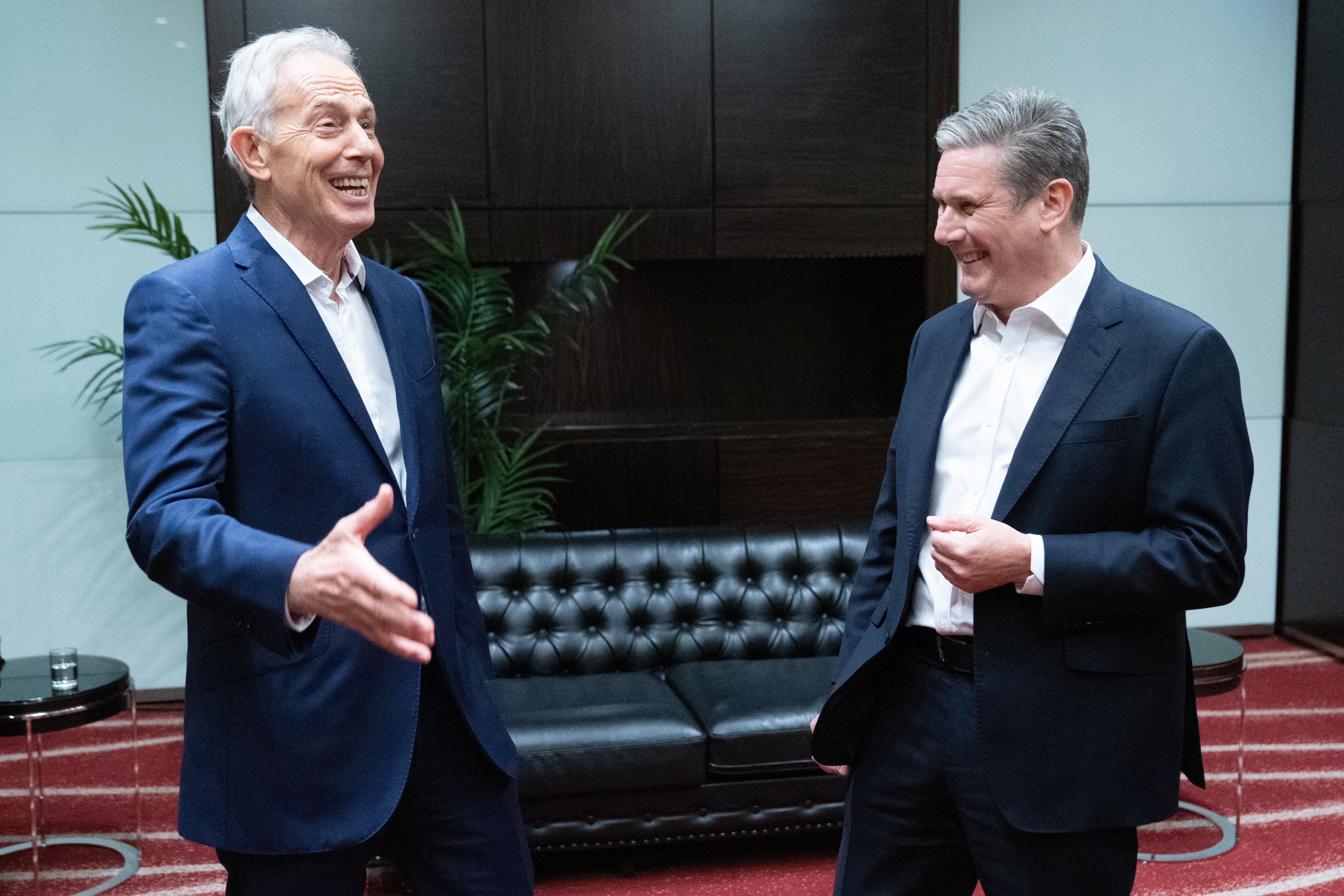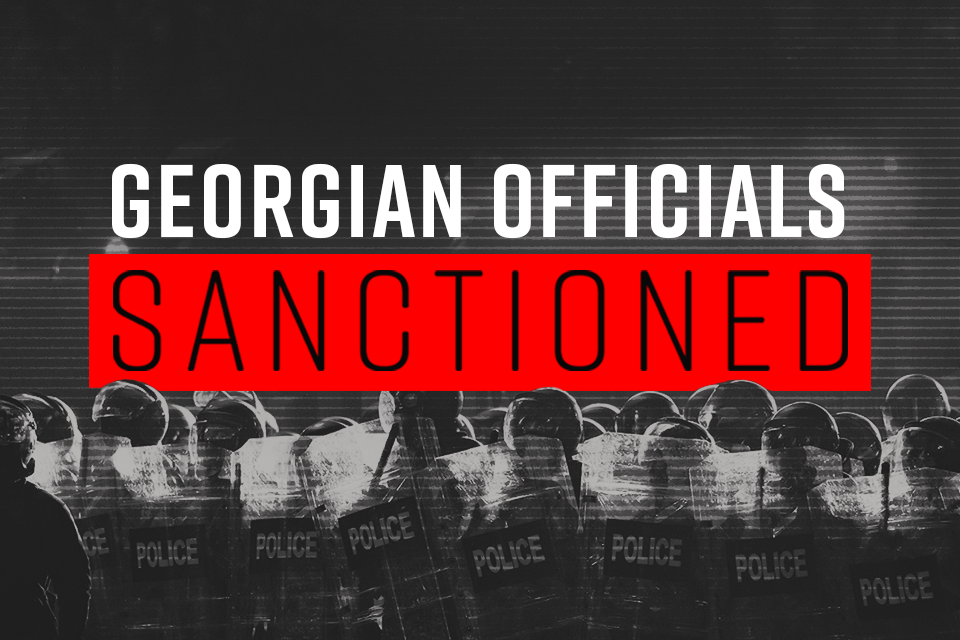Sir Tony Blair has urged Sir Keir Starmer not to retaliate against Donald Trump’s tariffs, saying such a move wouldn’t be in the UK’s “best interests”.
It comes as officials scramble to respond to the news that British exports to the US would face a blanket 10 per cent levy, sending global markets tumbling and sparking fears the chancellor’s fiscal headroom could be wiped out.
In a rare intervention, the former prime minister told students at King’s College London that he supported Sir Keir’s “cool heads” approach to Trump’s Liberation Day, and he didn’t really understand the intellectual argument behind the tariff policy.
“I don’t think it is in the UK’s best interest to retaliate,” he said, but admitted he did not know where developments over the tariffs would end.

As the US president hailed what he dubbed “Liberation Day” by introducing sweeping tariffs on most countries of the world, Sir Keir insisted nothing was off the table and repeatedly appealed for calm while talks to secure a trade deal dragged on.
Late on Thursday the government threatened to hit the US with retaliatory tariffs if the UK cannot strike a trade deal, but when Mr Blair spoke earlier in the day, the government had so far refrained from publicly making such threats.
Ministers have began looking at possible retaliatory action, with officials now working through 417 pages of products they could target with taxes. The list includes everything from bourbon whiskey to Harley Davidson motorbikes.
Mr Reynolds said the UK must keep “every tool available” as it looks for ways to respond, but said he would “remain engaged while there is the potential for a deal”.
While it was initially hoped a deal could be struck before the tariffs were imposed, officials are still hopeful that an agreement can be reached. Treasury minister James Murray reiterated that stance on Friday, saying officials are “negotiating intensively”.
But even with a deal, the global impact of Wednesday’s tariffs is expected to cause a significant economic shock to the UK.
The economic impact of the tariffs could already be felt, with stock markets tumbling around the world. The FTSE 100 fell to a three-month low on Thursday, while in the US, the Dow Jones index suffered its worst day since 2020, falling almost 4 per cent as analysts at Barclays said there was a “high risk that the US economy enters a recession this year”.
Referring to President Trump’s threat to pull out of guaranteeing European security under Nato, Mr Blair also said that after the Kosovo war in 1997, he had tried to make the case for stronger European defence because “it became clear to me that we could never have done it without the Americans. I thought, ‘This is crazy – what happens if the Americans decide they don’t want to be part of it?’”
He told students: “But it got caught up in a whole lot of Eurosceptic arguments.”



